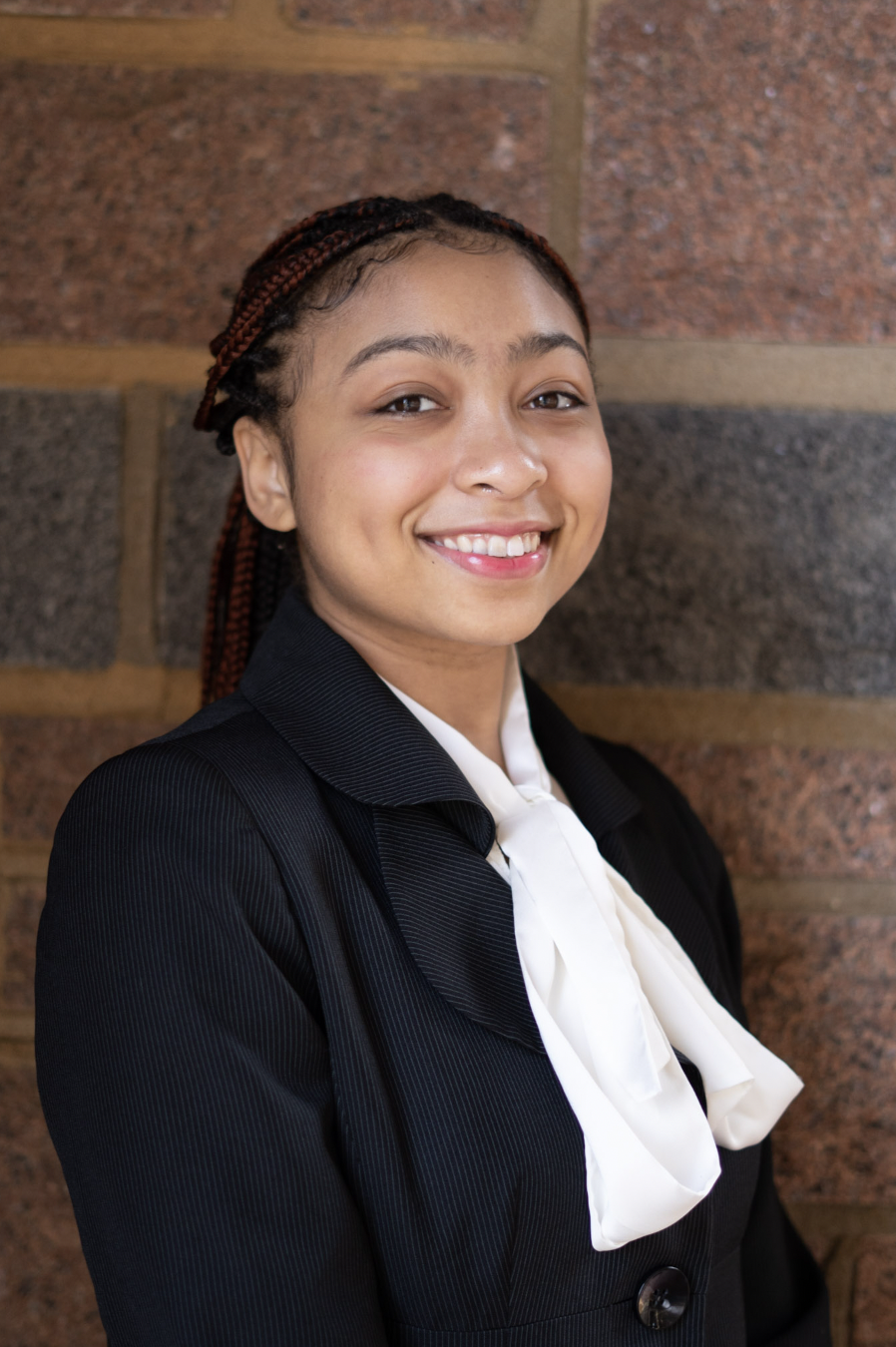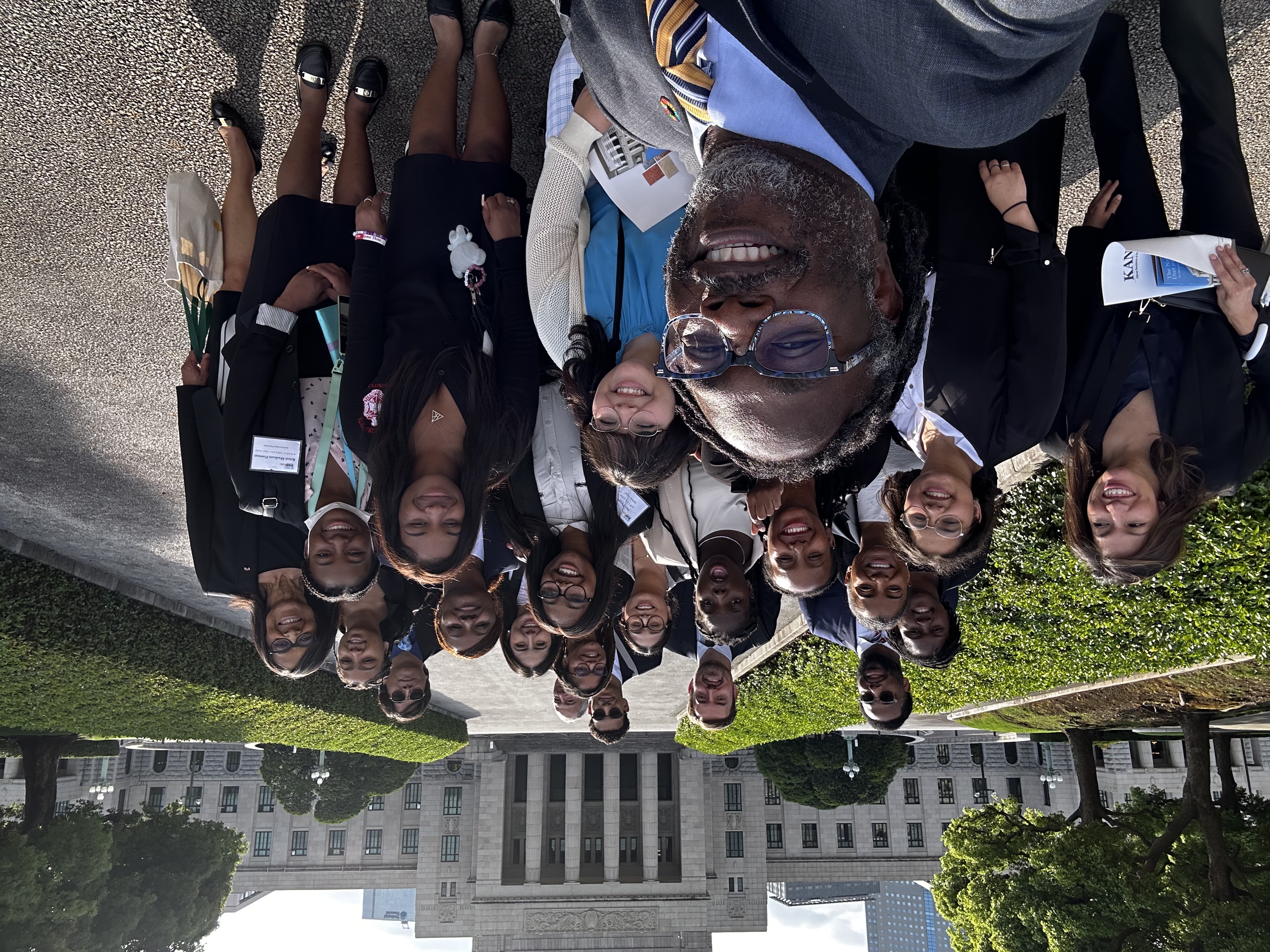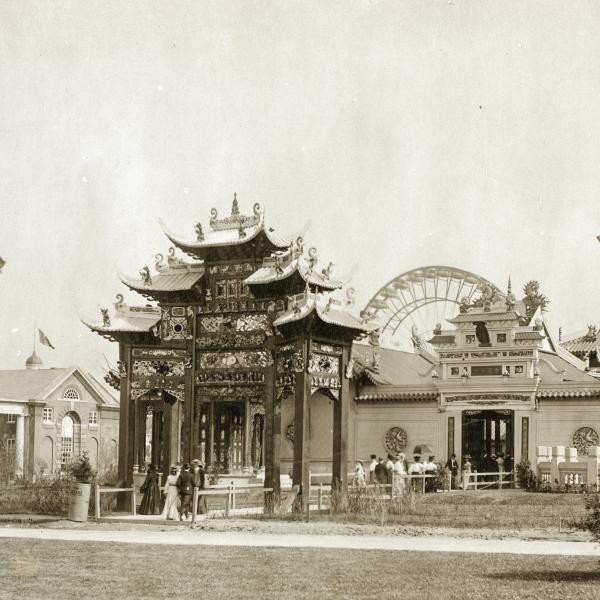Nadia Perdue, major in East Asian Languages and Cultures and Global Studies, participated in the inaugural JUSFC Summer Institute, held May 24-2023-June 10, 2023. Organized by the Japan-U.S. Friendship Commission (JUSFC), an independent U.S. federal agency, the mission of the Summer Institute is to promote diversity and inclusion in U.S.-Japan relations. Nadia was one of 15 students across the nation selected to participate in this two-week institute. She reports on her experience below.
We stayed two nights in Washington D.C. in late May, attending a welcome dinner on the first night, then visiting Capitol Hill, the Japanese Embassy, and Department of State on the second. After our busy itinerary centered around all things U.S.-Japan diplomacy, we spent the second night anticipating our 5 A.M. flight the next morning to Tokyo. As this trip was the first time I had been outside of the country, this was the longest flight I had even taken, spanning 12 hours in total. After arriving, we stayed in Tokyo for about three days, doing activities like visiting the Kokkai (National Diet) building, learning the proper method of hand washing in sacred spaces at the Asakusa temple, and practicing my language skills with everyone from professionals, konbini clerks, and the new friends I made at Sophia University.
We went to Nagoya next, visiting the Toyota Museum to learn about the history and recent developments in Japanese industry and manufacturing. Prior to this visit, I had only known Toyota for being an automobile manufacturer, but I learned that its history and number of industries is so much more widespread. We also visited Nara, meeting with a Japanese Buddhist monk at Tōdaiji, a UNESCO World Heritage Site, and feeding some of the roaming deer at the nearby public park.
After finally making it to Kyoto, we met up with a group of college students from Doshisha University at the popular Buddhist temple Kiyomizu-dera and also a UNESCO World Heritage Site. This was probably my favorite part of the trip. The students we met up with were so friendly and as eager to practice their English as we were to practice Japanese. One of the students, NeNe-san, introduced me to houjicha ice cream—matcha ice cream’s richer, smokier sister. Since I will be returning to Kyoto in the spring through the Kyoto Consortium for Japanese Studies, it was wonderful to make friends to keep in touch with before I get back.
Overall, it was a pleasure to connect and make friends with people who not only hold similar academic and career interests as me, but also come from similar backgrounds. As a black woman in the field of Japanese studies, I seldom find this sense of shared identity, diversity, and representation, which is often a disheartening experience. I have made a lot of friends through this program, and I’m so grateful to the JUSFC for using this initiative to encourage more diversity in the field!




